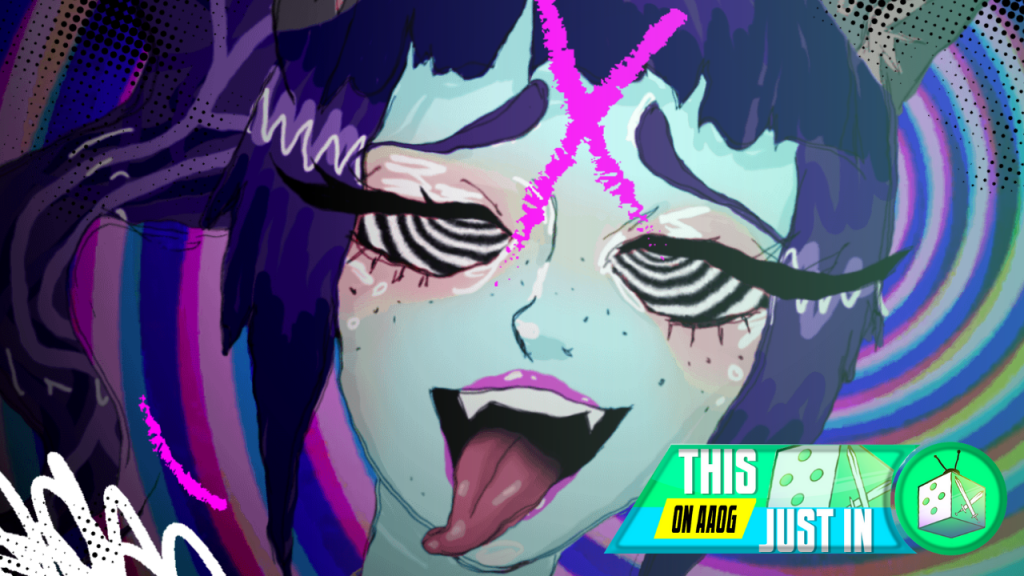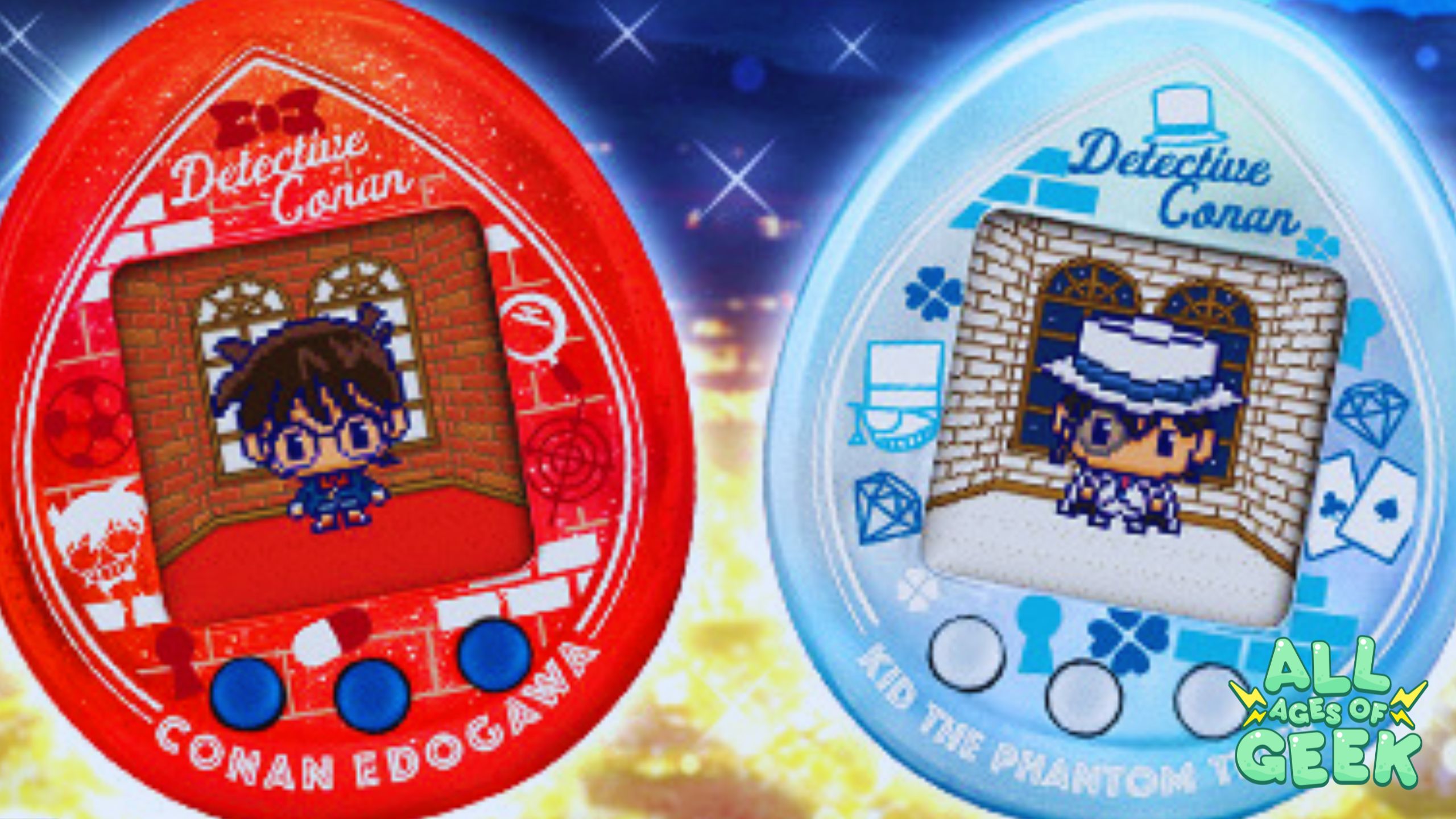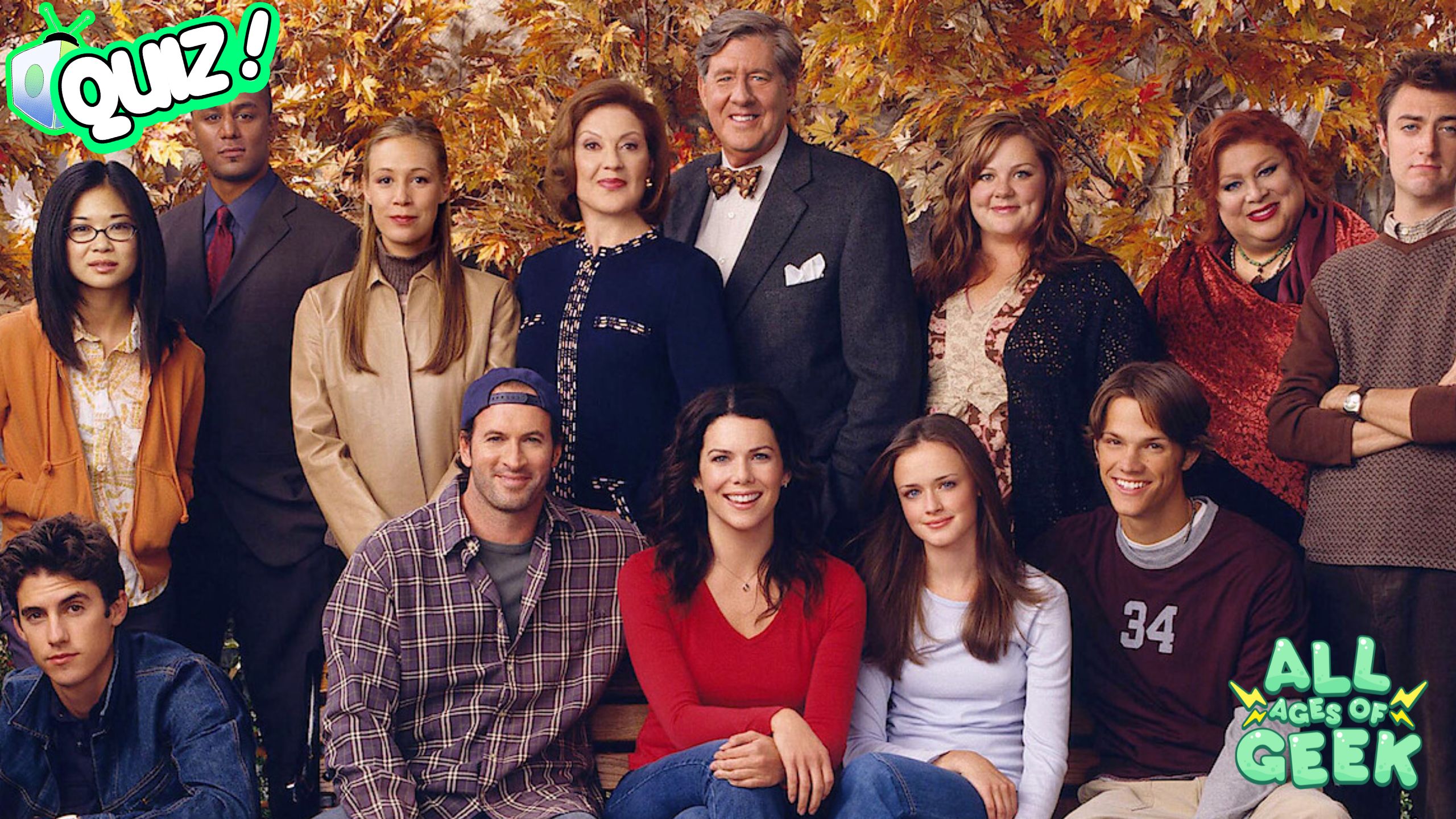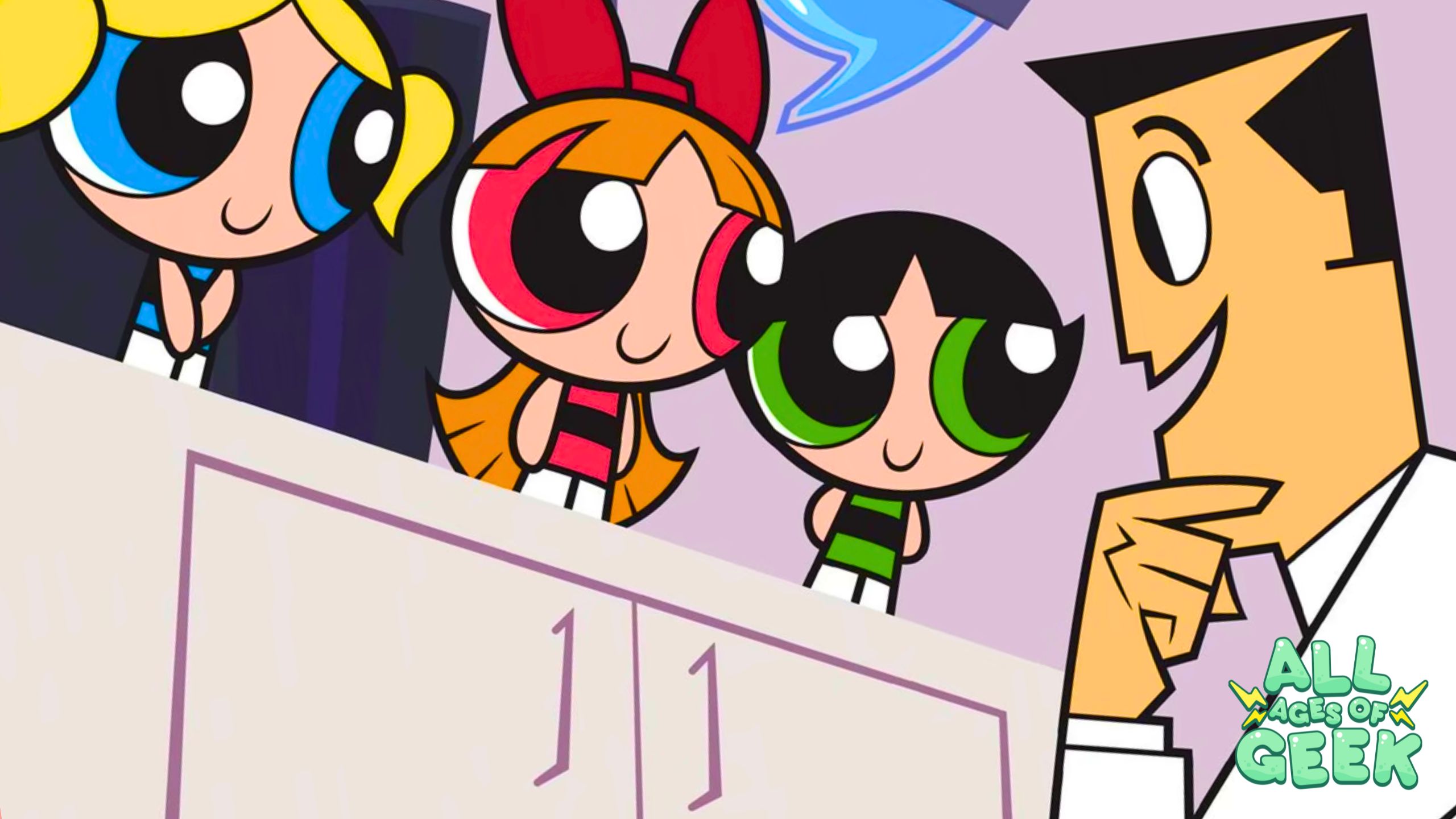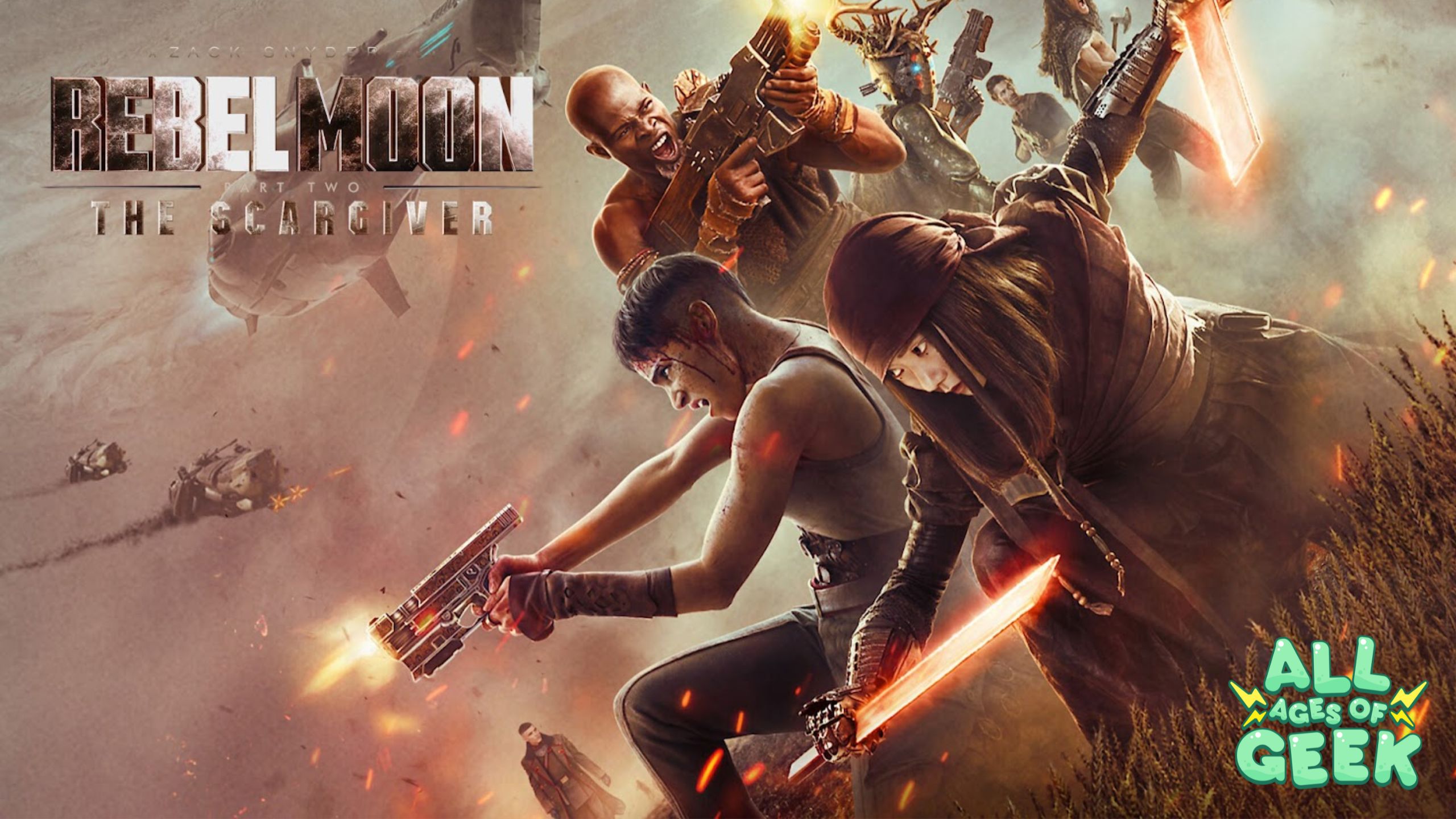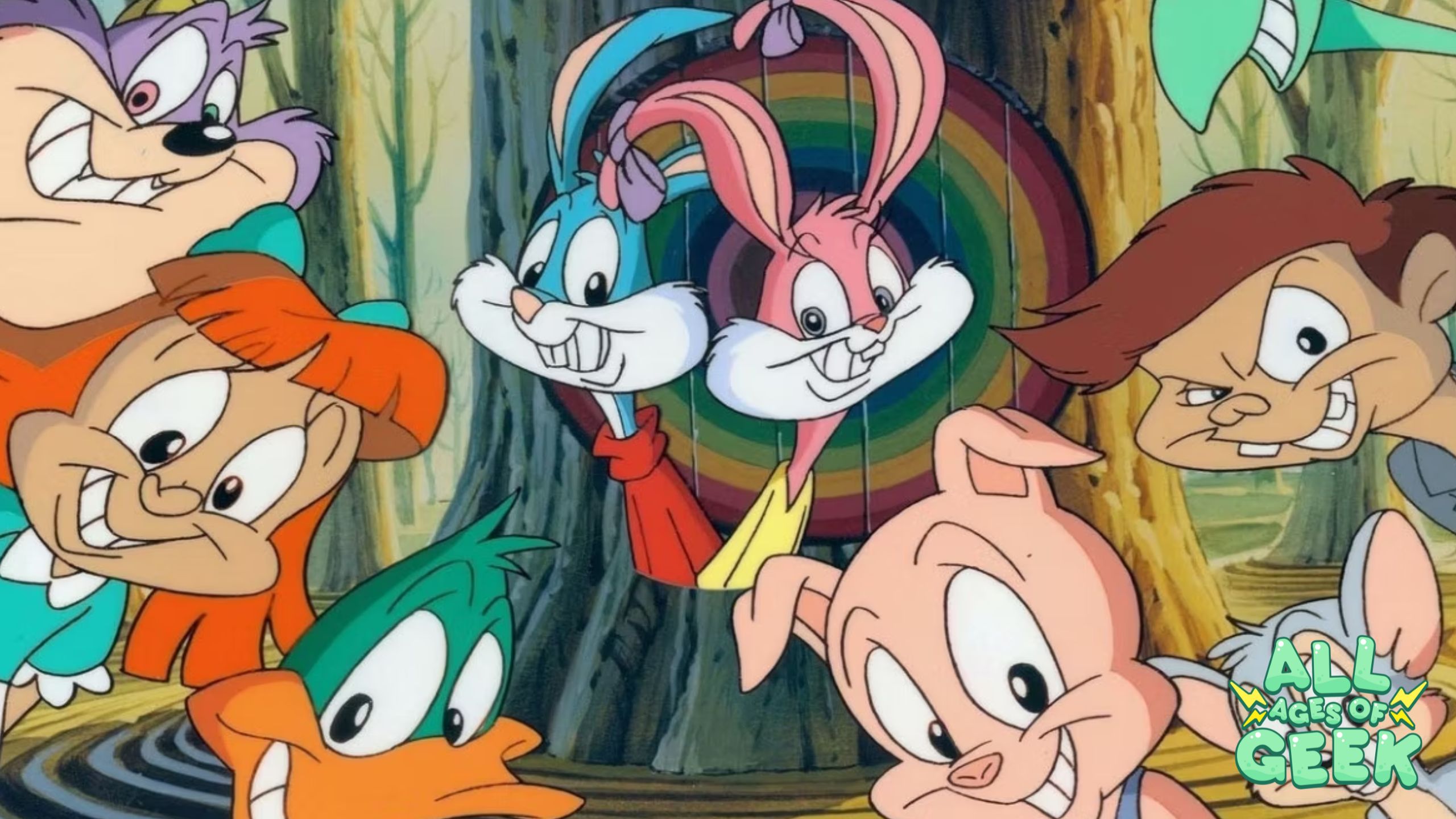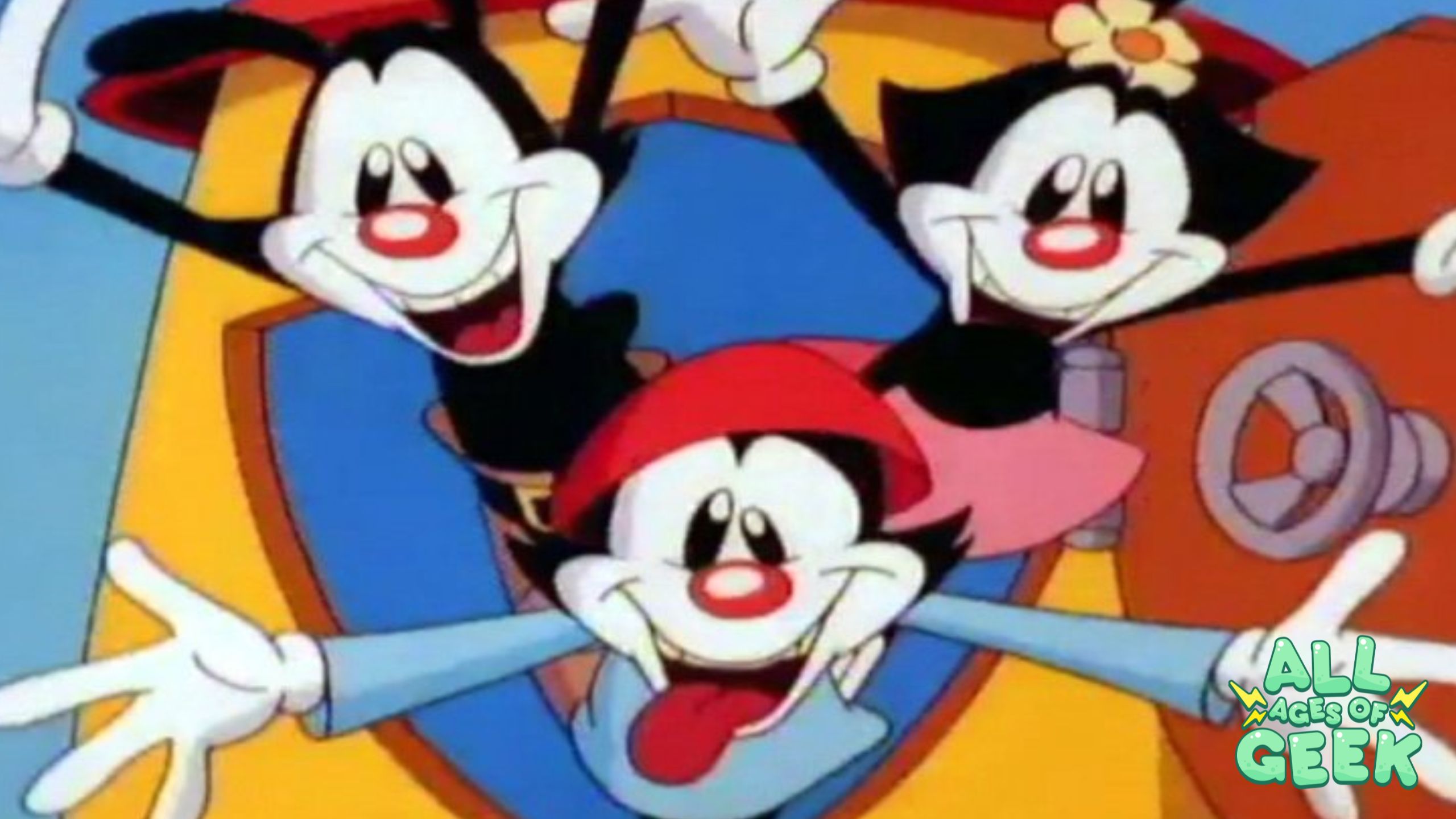This game contains adult content.
Nightmare Temptation Academy is a branching narrative game and dating simulator. It boots-up with an extensive, cacophonous scrolling list of Trigger Warnings — the game features, sexual abuse, drug abuse, suicide, inconsistent use of fonts, and other deeply challenging subjects to confront. It’s a daunting, though certainly needed introduction. There is no edgelord sophistry here. The game’s creator and auteur developer, Lena NW, is known for tackling weighty social issues. This article will discuss these same issues as they relate to the game.

Nightmare Temptation Academy sees players go through a series of surreal school days leading up to prom, and the inevitable end of the world (via a rogue moon collision). At school, you’ll build relationships with your classmates through dialogue trees, and be forced to absorb oppressive anti-sex anti-free speech propaganda through your headset overlords, “The Machine.” In your free time, you’ll traverse an apocalyptic landscape populated by cursed imagery. You’ll participate in rap battles for social currency, and optionally all kinds of morbid curiosities. Examples include: dissecting hamsters and engaging in lewd acts with culturally significant cartoon characters. These moments are either presented through minigames or brief animated clips.

Player choices, mainly how they respond to their classmates, alter the story’s path and events, resulting in several different endings. These choices are also tracked through a bar at the bottom of the screen, letting you know how much of your soul remains intact. Be wary, saying the “right thing,” and not selling your soul doesn’t necessarily lead to a happy outcome.

NW collaborated with costcodreamgurl, using collages of remixed imagery from across the web to create their unique blend of burlesque and guro. Exposed innards and warping scintillating patterns. It’s like tossing Suehiro Maruo, Shintaro Kago, sugar, spice, everything nice, Chemical-X, and Hamilton Morris’ pineal gland into a blender, then gargling that up and regurgitating it onto a screen. The collage-work makes a perfect environmental backdrop for NW’s iconic hand-drawn characters, all rooted in distinct online communities. Furries, and chads, and performative allies.

My initial feelings engaging with the game were similar to what I felt walking past Search & Destroy on Saint Marks Place in New York and seeing all the dead baby dolls pressed up against the window. It’s so magnetically unsettling I was compelled to enter, exposing my primal urges in a celebration of vintage Japanese punk-rock, and smut magazines. As the game progresses, though, the intent behind NW’s aesthetic becomes clear. She excellently invokes the honest, scary feeling of being a kid on the internet, and being exposed to imagery you can’t quite process — tantalizing but wrong. It’s a loss of innocence seldomly discussed.
NW’s work is a necessitated, rare instance of video games approaching these darker human experiences with the nuance, care, and rawness they deserve. It’s despondent and guerrilla. The game is a sincere attempt to cope with a twisted media landscape, that often plants and exacerbates insecurities, misinformation, and fetishization. All elements serving in part as a foundation for the more monstrous acts discussed in-game.

The core gameplay loop is fluid, with seamless transitions causing a meditative, yet hazy experience. Combined with NW’s uncompromising art direction, the game presents a weird amorphous, overstimulating string of intrusive taboo thoughts and social discourse, forcing players to confront the structural integrity of their moral ideologies. The player choices are difficult—particularly the encounters with Dorian, a suicidal kid obsessed with guns. You can deduce where those dialogue prompts lead, and the outcomes you’d want to avoid.

The game’s dating simulator components are also brilliantly subversive, centering on an element missing from most others in the genre: active consent. Frequently in dating sims, the player’s potential partners take on bland personality tropes, with dialogue trees all structured to funnel into them falling for the protagonist. In Nightmare Temptation Academy, the player’s potential partners aren’t overly interested in them, and in many instances, are made uncomfortable by the protagonist’s romantic advances.

The game often forces the player into the role of the aggressor, and it feels disgusting — and feeling that disgust is important. It makes you consider the problematic aspects of the genre, and how you, as an individual, consume the messaging encompassing sex. While most AAA games might depict a rape scene, cheaply using trauma as a narrative function to grizzly-up their character or justify a bloody revenge plot, NW’s game actually addresses rape culture in an actionable way.
Nightmare Temptation Academy gives the dialogue options to respect it’s characters’ boundaries, as well as coerce and manipulate them into sexual acts. Player’s guilting characters into sex and then being called out for making creepy choices, is not anything you’ll experience in many other dating simulators or “edgy” video games. Work like this is vital not only to contrast the existing dominant messaging present in media but also to expand on how we process our sexual experiences, and further solidify active consent in our culture.
NW’s writing plays for satire, a lot of dialogue is tongue-in-cheek, irreverent. This gross banter is a vessel for meaningful conversations. The dialogue extends outside of mental health and sexuality, discussing cultural appropriation and thought-policing. It’s some of the smarter, more tapped-in writing I’ve seen in games. The voice acting is well-performed, fully realizing the game’s world.
Nightmare Temptation Academy is essential. The game’s strong art direction and fearless writing allow it to destabilize all of its contemporaries through nuanced, powerful discussions about mental health and sexuality. It is a work that will genuinely unsettle you for the right reasons, and expand your ideas of the narrative potential within video games.


